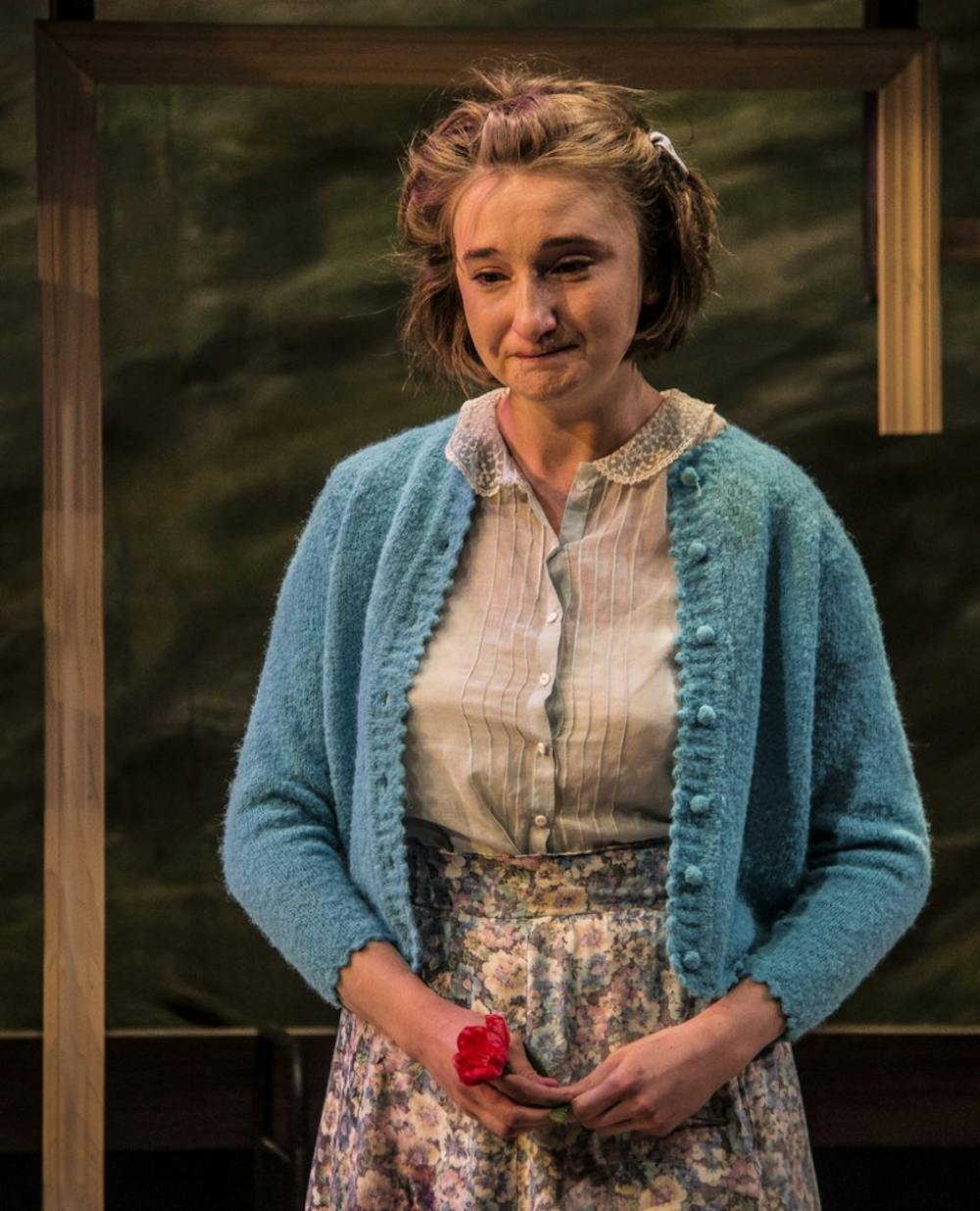Deaf West Theatre became a Tony Award-winning champion of inclusion after creating a Broadway revival of the musical Spring Awakening, which featured a deaf cast.
The production included songs and choreographed dances from both hearing and deaf actors, some of whom performed the songs through American Sign Language — making the revival a good example of inclusion in action, Shelley Delaney, a professor of performance at Ohio University, said.
Just as there is rarely a reason to cast a white actor to play an individual with a different cultural or racial identity, there is seldom one to cast an able-bodied actor to play a character with a disability, Delaney said. Fostering an environment that represents persons with disabilities can pose a particular challenge within OU’s acting population, however, as it does not reflect the diversity in the profession as a whole.
Glenna Brucken, a 2012 OU alumna and actress, said due to a lack of representation of persons with disabilities in the past, inclusion is even more necessary today. In Tantrum Theater’s recent production of Dancing at Lughnasa, Brucken, an able-bodied actress, played Rose Mundy, a woman with a developmental disability. She said her role required research and respect.
“The world we live in is not what is represented in movies, TV or even in a lot of plays, and so, so many people don’t have a voice,” Brucken said. “So we are building this world that is full of people who just feel disenfranchised and don’t have somebody that they can look up to that is relatable, and it’s a dangerous circle to continue.”
With that disenfranchisement in mind, it is important for producers to decide whether a production that cannot be performed authentically is best for the program, said Howard Sherman, interim director for the Alliance for Inclusion in the Arts, an organization based in New York that advocates for inclusion in performance.
“If the desire is to do the show, first and foremost to show the versatility of how well someone can pretend to have a disability, then I would respectfully question the decision to do the work in the first place,” Sherman said.
In a university setting, due to limited resources, there is a certain amount of leeway when casting performers who would otherwise not be acceptable in a professional setting, Sherman said. He added that the producers of the program should reach out to students with disabilities within the university to encourage their participation in a theater program they may have previously felt excluded from.
When concessions have to be made in casting, though, Delaney said the theater program does its best to remain true to the playwright’s intentions. She does not want to limit the kind of stories the program can tell.
“When, on a university campus, someone chooses to produce a work about disability, they need to think about how that work is going to speak to the campus community at large,” Sherman said.
In an effort to create an accurate portrayal of her character, Brucken said she had to find specificity in distinguishing between Rose’s behavorial age and chronological age. She also researched developmental disabilities.
Playwright Brian Friel merely states Rose is “simple.” In 1936, she was unable to be diagnosed with a developmental disability, leaving her a “mystery” to those around her, Brucken said.
“(Rose) brings a lot of life and joy to the house, but it's kind of a thin line of not knowing when something is going to upset her or when an inner frustration will turn out of control,” Brucken said.
When preparing, Delaney said actors should select one or two characteristics with which they can make a physical, emotional and psychological connection. The process helps the actor respect the struggles of a character with disabilities while conveying to the audience the character as the playwright intended, Delaney said.
But Brucken’s focus wasn’t solely on learning the traits of her character’s disability. Instead, she focused on being a “whole and complete person.” Rose’s desires became Brucken’s way to connect with the character’s “humanity.”
“(Rose’s) deepest, deepest desire and want and longing was to have a baby. It was so easy to connect to how badly she wanted these things,” Brucken said. “Also, she has a line about loving chocolate biscuits, which I also love.”
In order to avoid stereotypes or simplification, Brucken said the character requires constant check-ins.
“The most important thing to me was … being an authentic representation of diversity,” she said.
Despite all her work, Brucken said she still feels unsure of her role in the conversation about inclusion.
“I’m wondering if I should be the one doing this. Should I have a voice in this conversation? How do I support it without overshadowing?” she said.






